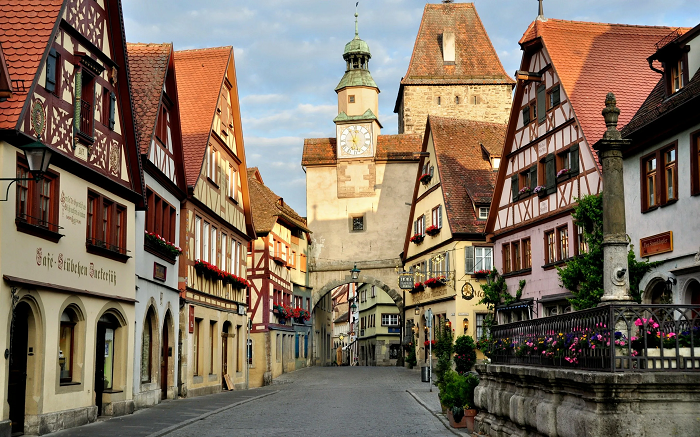The number of foreigners with work patents has been constantly increasing since 2009 – then there were about 82 thousand.
According to Destatis, the majority of workers from outside the EU are citizens of India (33 thousand), Russia (10 thousand) and Turkey (8 thousand).
And the number of foreigners coming to the country for work will only grow. At least the German government is consistently reforming the immigration system to attract qualified personnel to the country.
How to get a work visa
Usually, the easiest (and most reliable) thing is to find a job in advance, this will become the basis for issuing a visa. With a contract or offer in hand, you can already contact the German embassy. As a result, you receive a long-term/indefinite residence permit and a national visa type D. The national visa is issued after 1.5-3 months and, upon arrival in Germany, is exchanged within seven days at the Ausländeramt for a residence permit with a standard period of two years or for the duration of validity contract. Then the residence permit is extended, and after five years you can obtain permanent residence.
There is another option. Qualified specialists with a high salary (from €40 thousand per year) can apply for an EU Blue Card. Blaue Karte holders can obtain permanent residence after 21 (with knowledge of German at level B1) or 33 months, but soon changes in immigration law should speed up this process.
An alternative is to come to the country on a special visa to look for work.

